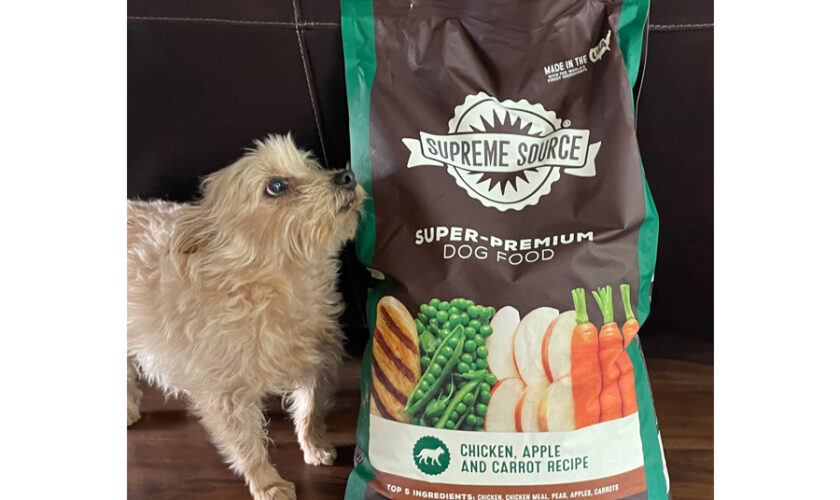Understand your dog’s digestive tract for health and peace of mind. Dogs defecate how long after eating? This simple question reveals your dog’s diet, digestion, and health. Dog digestion and why understanding how long after a dog eats do they poop are vital are covered in this article.
The Digestive Process in Dogs
Dog bowel motion timing requires knowledge of the digestive process. Like humans, dogs have complex digestive systems that breakdown food into nutrients. When saliva and food mix, carbohydrates break down. The oesophagus transports partially digested food to the stomach. Stomach acids and enzymes digest protein. Most nutrients are absorbed in the small intestine from chime.
In the small intestine, pancreatic enzymes and liver bile digest fats, proteins, and carbohydrates. Gut walls absorb nutrition and circulation delivers it. Last, the large intestine absorbs water and creates stools from indigestible particles and water.
Factors Affecting Bowel Movement Timing
Age, size, breed, food, and health affect a dog’s bowel motions. Due to their expanding digestive systems and regular eating, puppies have more bowel movements than adults. As they grow, they need more nutrients, which increases digestion and excretion.
Dog size and breed affect how fast food travels through their digestive tracts. Faster digestion is common in smaller breeds. Bowel frequency and consistency may be affected by digestive disorders or food sensitivities in some breeds. Due to their face features, brachycephalic breeds like Bulldogs and Pugs have gastrointestinal issues.
The food dogs eat impacts their bowel motions. Fiber-rich foods bulk up stool and assist digestion, promoting regularity. This is crucial for constipated or irregular-bowel dogs. Diets low in fiber or containing additives and chemicals may cause diarrhea and upset stomachs.
Why Timing Matters
The timing of a dog’s defecation can indicate digestive health difficulties. Regular bowel movements indicate a healthy digestive system and diet for your dog. However, irregular bowel movements or long delays between meals and defecation may suggest problems. Medical conditions, dehydration, and fiber deficit can cause constipation. In contrast, diarrhea or frequent loose stools may indicate nutritional indiscretion, dietary intolerance, or infection.
Bowel movements can help you analyze and choose a dog’s food. If your pet has consistent diarrhea, constipation, or strange stool consistency, see a vet to rule out health issues and make nutritional modifications. Understanding your dog’s bowel motions is practical and healthful. Knowing when your dog needs a bathroom break can help you plan walks, outdoor activities, and potty training, reducing accidents and enhancing communication.
Conclusion
Monitoring a dog’s digestive health and well-being requires determining the average feces time after eating. By observing your dog’s bowel motions, you can notice issues early and take action. Consult your vet if your dog has chronic intestinal irregularities or digestive issues. Provide your dog the proper nutrition, care, and attention to ensure digestive health and a happy, healthy life.
